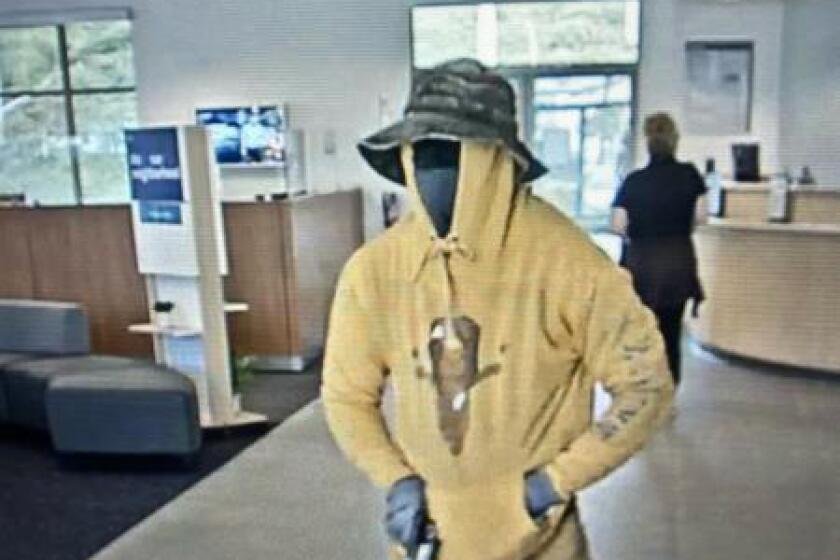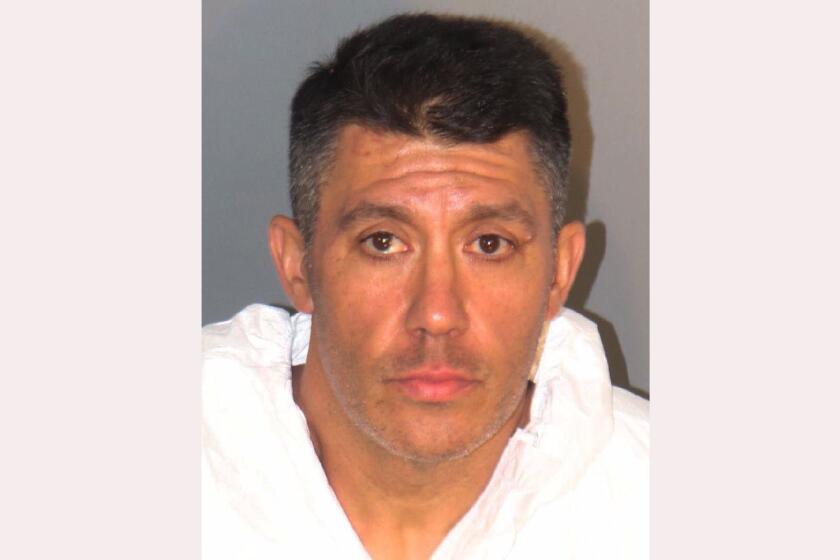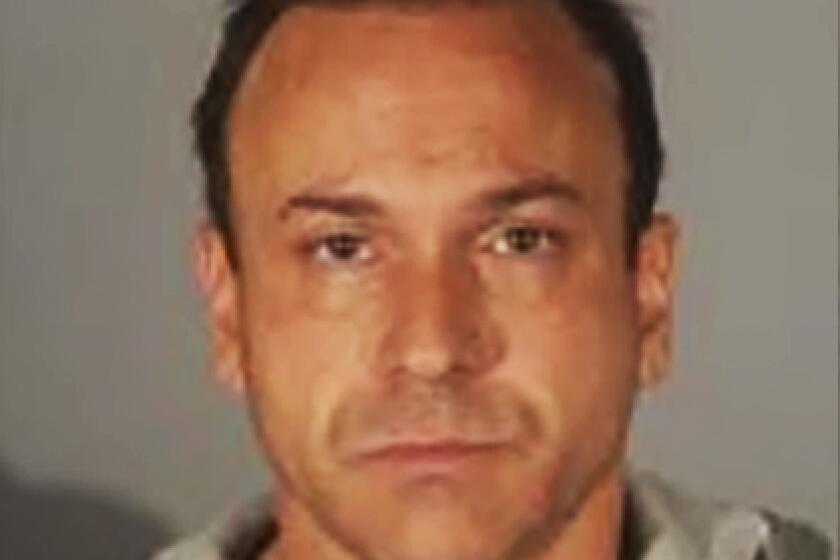THE O.J. SIMPSON MURDER TRIAL : Safe-Deposit Boxes Can Be Keepers of Intrigue : Privacy: Nicole Simpson’s yields possibly pivotal evidence. But most are small storehouses of the mundane.
They are the most secure and sacrosanct of hiding places.
Your banker doesn’t know what is stashed in your little steel safe-deposit box hidden in the bank’s vaults. Even police need a search warrant and a reasonably good guess of what’s in it to take a look. In fraud investigations, detectives are always suspicious when someone under investigation has more than one safe-deposit box--and visits them frequently.
“We have no idea what our customers put in their safe-deposit boxes,” said Mary Trigg, a spokeswoman for Home Savings of America. The savings and loan tells its safe-deposit box customers only one thing: “We do advise them not to put anything too heavy in it so when you pull it out, it doesn’t fall on your toe.”
The inherent mystery of the boxes has been the stuff of legend and lore. Los Angeles novelist Michael Connelly was so inspired by an elaborate 1986 bank heist of cash and the contents of 70 safe-deposit boxes at a Hollywood bank that he spun a novel, “The Black Echo,” about a robbery of safe-deposit boxes in which the thieves were looking for diamonds.
Now, a safe-deposit box has momentarily claimed the attention of the world. Contents of Nicole Brown Simpson’s safe-deposit box--pictures of her bruised face and letters from O.J. Simpson apologizing for his actions--were laid out this week in the so-called trial of the century. Prosecutors allege that they are pivotal pieces of evidence in the case against O.J. Simpson.
But few bank boxes offer up such dramatic testimony.
Generally, safe-deposit boxes hold little more than the mundane, the sentimental and the kooky stuff of their owners’ lives. They are physically sturdy harbors in an unsturdy land racked by wildfire and earthquakes. Wills, insurance papers and passports are standard. Antique and inherited jewelry are common. So are coin collections--old coins, newly minted coins, Canadian coins. One former Los Angeles waiter kept his cash earnings in his safe-deposit box--away from the inquiring eyes of the IRS.
Even private detectives working for defense lawyers recall that sometimes an anticipated opening yields little stunning information. “Kind of like Al Capone’s vault,” Adam Dawson, a private investigator, said with a chuckle.
The boxes are revelatory in a sense--not of crimes and misdeeds so much but of personality and quirks.
One marketing consultant keeps a $1,000 bill in his. “I decided it was a collector’s item,” said Richard Butler of Palos Verdes.
A Los Angeles County probation officer keeps a 1932 Mickey Mouse watch in his box--and can’t even remember why. He rarely visits it.
On the other hand, Robert Starkman keeps his gold and steel Rolex in a safe-deposit box because news accounts of Rolex robberies had him too scared to wear it. Starkman, a management consultant in the Century City offices of Kenneth Leventhal & Co., sports a Timex--”it keeps better time”--and caches his Rolex in one of four safe-deposit boxes he maintains in a bank downstairs from his office.
In fact, many people keep more than one box--as if they were just storing the minutiae of their lives in shoe boxes. And sometimes they are.
Starkman’s boxes--some of which he keeps for his father--are filled with his late mother’s jewelry, his father’s World War II Canadian Army medals and his own Canadian gold maple leaf coins. Mixed in with the mementos are savings bonds and other items of life maintenance--Social Security cards, proof of auto ownership.
Boxes can range in size from slender three-inch high drawers--rent-free at Home Savings of America with $20,000 on deposit--to whopping 49-inch-tall containers at First Interstate Bank, which can hold a file cabinet and which rent for $700 a year.
At First Interstate, the rental agreement does stipulate some unacceptable items--no liquids, no explosives, nothing that can be deemed a nuisance to the bank or other renters.
“Like a dead fish,” laughed Terri Fauchier, manager of consumer affairs at First Interstate. “We’ve had people do that, too. Just because they were mad at the bank.” Fauchier added quickly that that tale might be apocryphal.
Some box renters deposit their items and rarely go back. The former L.A. waiter, who long ago closed the box he used for cash earnings, rented a new one last year shortly after the earthquake. “I went back one time to get a stock certificate and haven’t been in there since. They just sent me a bill for $20.”
More to Read
Sign up for Essential California
The most important California stories and recommendations in your inbox every morning.
You may occasionally receive promotional content from the Los Angeles Times.











